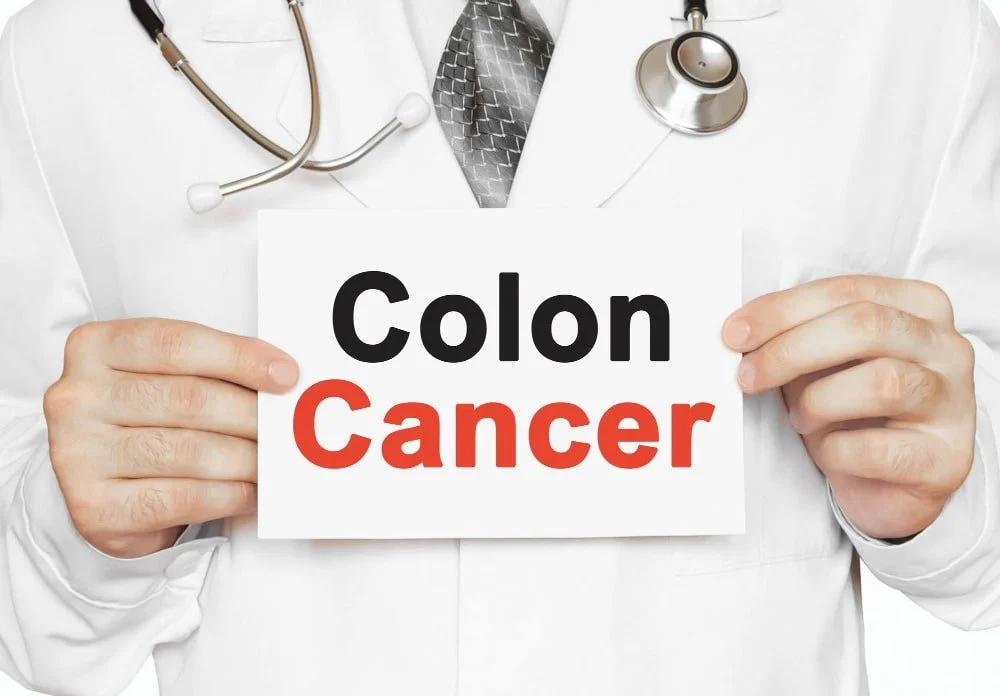Gut Health Matters: Pre & Post Procedure Tips of Colonoscopy
Colonoscopy is an essential screening procedure for detecting and preventing colon cancer. This procedure involves examining the large intestine with a scope to identify abnormalities or growths that may lead to cancer. Individuals must start getting screening early to avoid certain risk factors. This blog will discuss the essential steps to prepare for the screening test, what happens during the procedure and what to expect afterwards.
Colonoscopy: The Requisite Period of Time
The procedure typically takes between 30 minutes to an hour, depending on the complexity of the examination.
A Day Before Screening: What to Do?
Preparing for a colon screening test is crucial to ensure the colon is clean and free from fecal matter that may obstruct the view. Here are some essential steps to follow the day before the procedure:
Follow a clear liquid diet with water, broth, gelatin and clear juices.
Avoid solid foods, milk and anything with red or purple dye.
Drink a bowel preparation solution to clean out the colon. This solution may cause diarrhea, so staying close to the bathroom is essential.
It’s Time for Preparation: The Day of Procedure
On the day of the procedure, there are a few essential steps to follow to ensure that everything goes smoothly:
Do not eat or drink anything for at least six hours before the procedure.
Bring a list of all medications and allergies to share with the doctor.
Wear loose and comfortable clothing.
Careful Considerations: Before the Procedure
Before the colonoscopy procedure begins, there are some essential steps to follow:
Sign a consent form.
Change into a gown.
An IV will begin to administer the sedative medication.
Exploring What Happens During the Procedure
During the procedure, you will receive sedation to reduce discomfort and make the procedure more tolerable. Here are the steps involved in the procedure:
The doctor will insert the scope into the rectum and advance it through the colon.
The scope has a light and camera to allow the doctor to see the colon lining.
If any abnormalities or growths exist, the doctor will remove them and send them for a biopsy.
Let’s Talk about the Post Procedure Steps
After the screening, doctors will monitor you until the sedatives wear off. Here are the steps involved after the procedure:
During the procedure, you may experience some bloating and gas due to the air pumped into the colon.
You will receive instructions on what to eat and drink after the procedure.
You may need to have someone drive you home after the procedure.
The Necessary Steps to Follow: Post-Discharge Tips
After the screening test, it is crucial to follow these steps:
Do not drive or operate machinery for at least 24 hours after the procedure.
Do not drink alcohol or take any medications without consulting with your doctor.
Contact your doctor if you experience abdominal pain, fever or rectal bleeding.
Concluding Lines
While colonoscopy screening may seem intimidating, it is crucial in detecting and preventing colon cancer. By following the steps to prepare, undergoing the procedure and adhering to the steps after discharge, you can ensure that your digestive health is in the best possible condition. So, don't hesitate to contact a specialist and schedule your screening.
Additionally, it is essential to follow the steps on the day of the procedure, such as not eating or drinking anything and wearing loose, comfortable clothing. Finally, following the steps after discharge, such as not driving or operating machinery and contacting your doctor if you experience any unusual symptoms, is essential.
Digestive Disease: We Take Care of Your Colon Health
If you need to undergo colonoscopy in OKC or have any concerns about your digestive health, consider contacting Digestive Disease Specialists, INC. Our team of experienced specialists can provide the necessary care and support to ensure your digestive health is in optimal condition.
**Disclaimer: This blog content does not intend to offer a doctor’s advice and mentions no relationship between any patient and the care provider.

